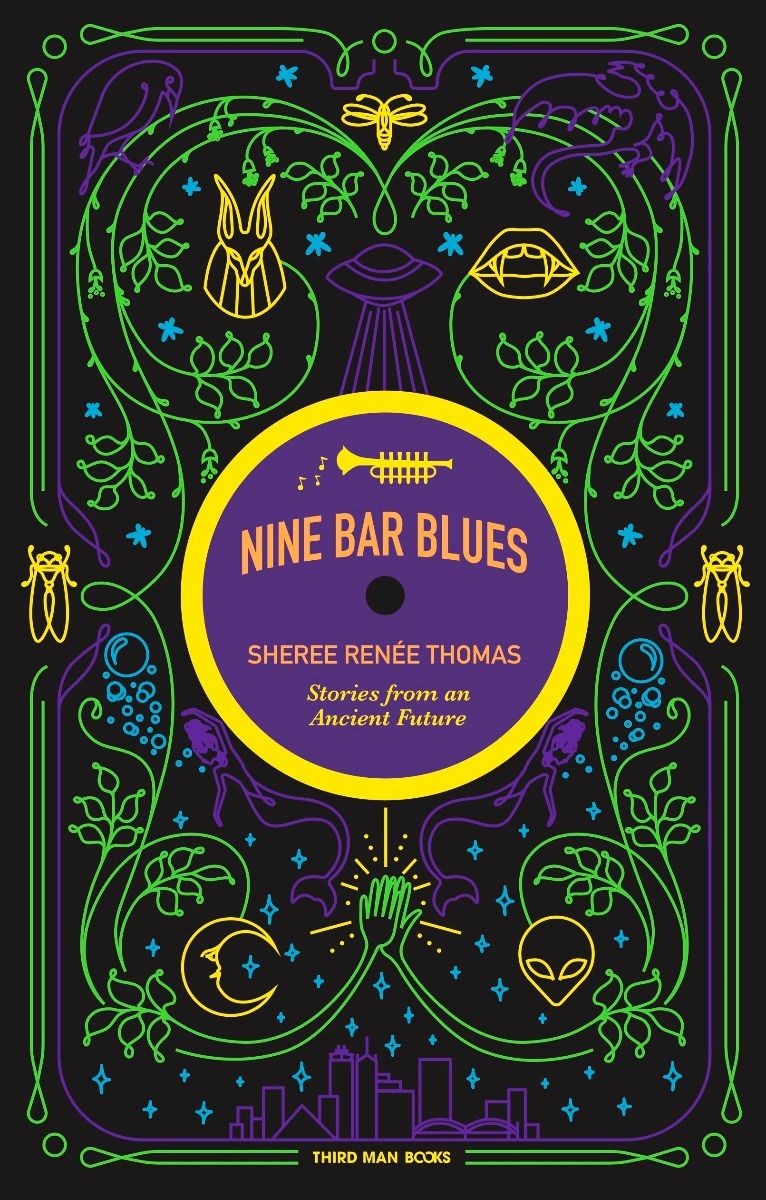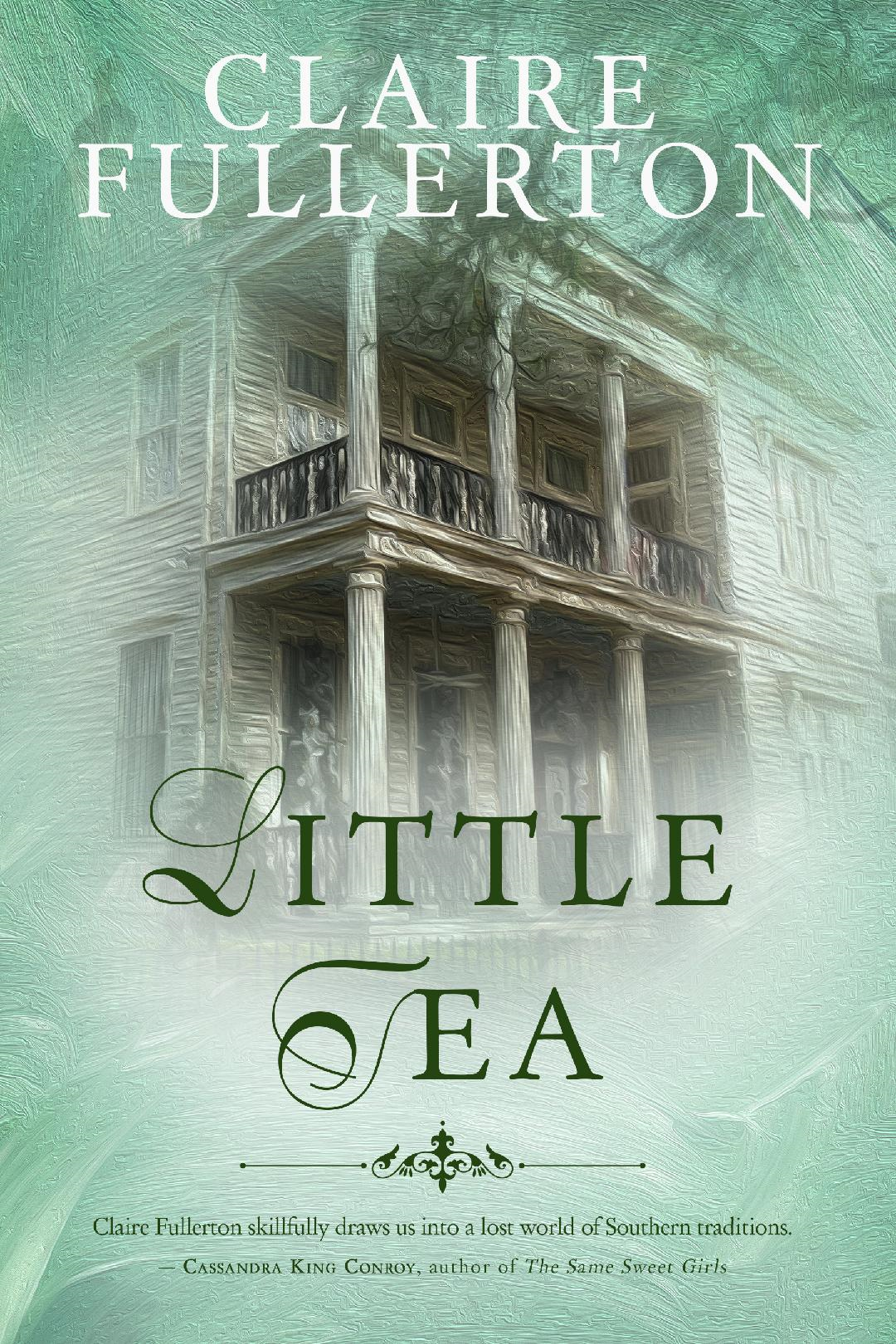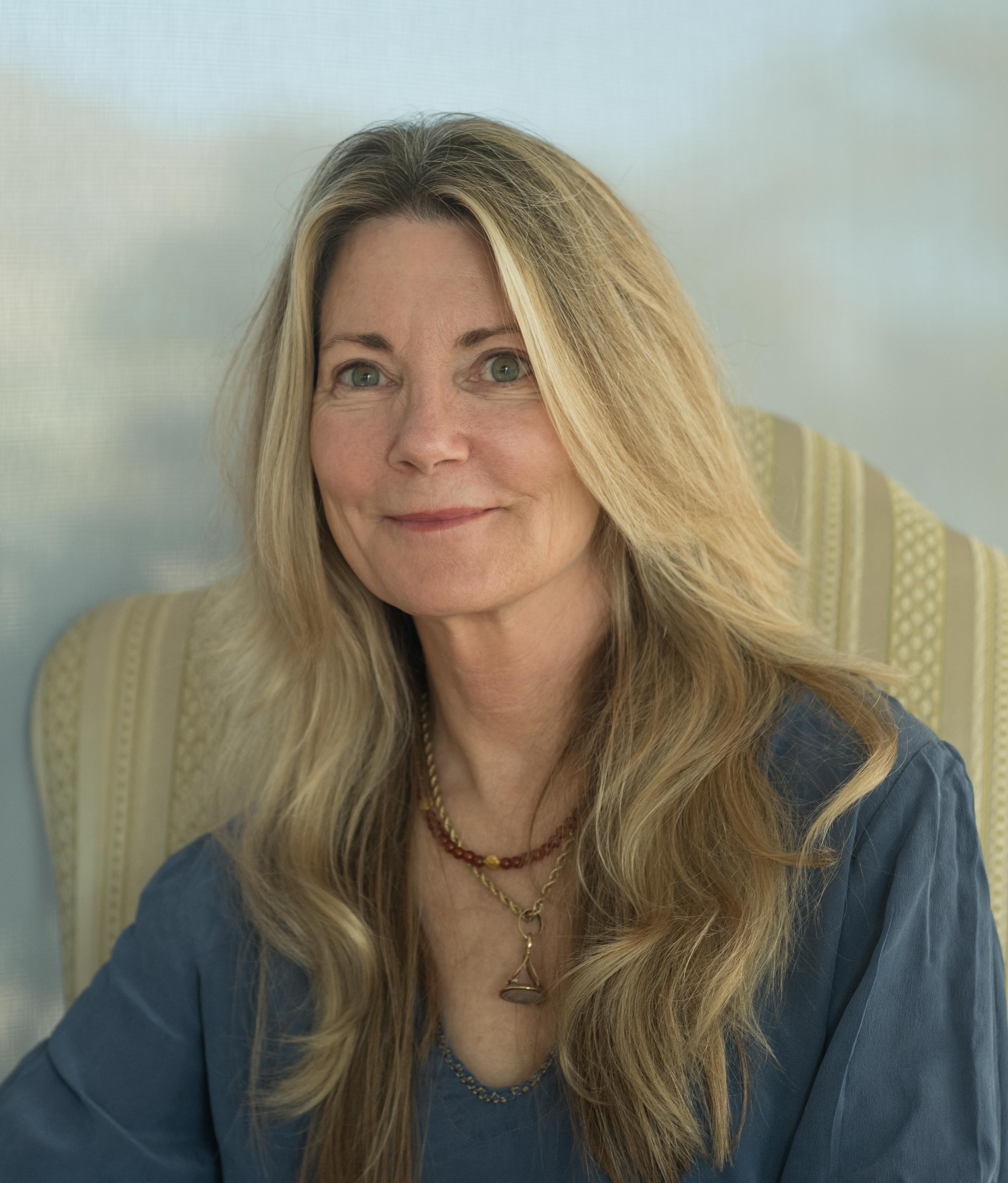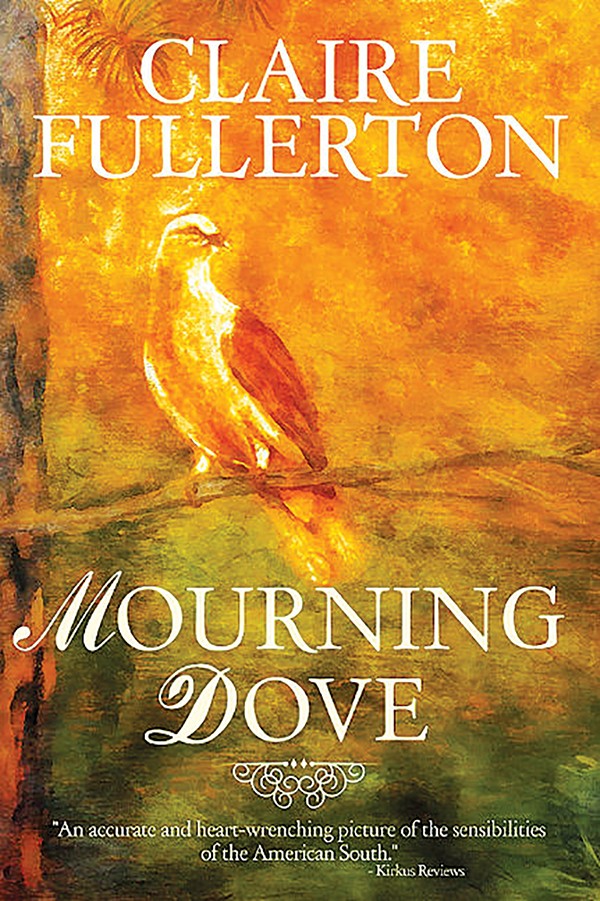Phase II of Memphis’ and Shelby County’s Back to Business reopening plan is underway, but things are still anything but business as usual for many Memphians and Mid-Southerners.
In one step toward normalcy, though, both of the Bluff City’s biggest indie bookstores have, with a set of well-thought-out guidelines, opened their doors to customers this week. Burke’s Book Store and Novel are allowing in-store shopping (and continuing curbside pickup for those who prefer it) with adherence to guidelines posted on their respective social media pages. Burke’s even shared this thoughtful, rhyming image to help customers remember the rules.
 Burke’s Book Store
Burke’s Book Store
Burke’s posted this message to its social media pages to help customers remember to practice social distancing while shopping.
So for those still on the lookout for safe, socially distanced activities, here are a few more Memphis-centric books to help while away the homebound hours. There’s popular fiction, mystery, history, fantasy, and even a comic book series.

Sheree Renée Thomas
Sheree Renée Thomas
Nine Bar Blues, 2020 (Fiction)
From publisher Third Man Records (that’s right, Jack White’s record company) and two-time World Fantasy Award-winning author Sheree Renée Thomas, this short story collection explores music, myth, and history. Thomas’ prose is sure and lyrical; Nine Bar Blues reads like a prophetic warning or a song sung to beat the devil. Music is a recurring motif in the collection, making it the ideal starting point for Memphians eager to explore the literature of the New South.


Eric Jerome Dickey
Eric Jerome Dickey
The Business of Lovers, 2020 (Fiction)
All things considered, maybe now is the perfect moment for a novel that takes human connection as its focus. “It’s a novel about family — the family you have and the family that you choose to have,” the author says. The Business of Lovers follows Brick Duquesne, fresh from a fight against cancer, an ailment he never revealed to his family. “It’s one of those things where people go through something but don’t know how to ask for help because they don’t want to disturb the lives of others,” Dickey explains. In a novel with former child stars, comedians, engineers, and a tangled web of relationships, Dickey’s characters search for agency and for ways to lift up the family they choose to love. Of course, as Dickey points out, perception is everything. “Anybody can smile and take a picture in front of a palm tree,” Dickey says. Of course, as the author points out, that photo can only hint at what’s going on beyond the edges of the frame.

Claire Fullerton
Little Tea, 2020 (Fiction)

Claire Fullerton
Chanelle Benz
The Man Who Shot Out My Eye Is Dead, 2017 (Fiction, Short Stories)
Chanelle Benz’s The Gone Dead was one of the best novels of 2019, and her debut short story collection is just as good, albeit in several bite-sized segments. The stories in The Man Who Shot Out My Eye Is Dead take a tour through various genres — the story from which the collection takes its title is a Western — demonstrating the author’s nimble skill switching between styles.

Tony Max
The Golden Silence and The Crimson Hand (Comics)
From the mad mastermind behind Memfamous Comics and No Regrets tattoo artist Tony Max, comes the two-part comics series The Golden Silence and The Crimson Hand. The books are all set in the same reality, in a walled-in Memphis 200 years from now. It’s a world steeped in the history of alternative comics and pulp fiction — with disgraced former cops, barbarians at the gates, and crumbling society. Max just put the finishing touches on the final issue of The Crimson Hand, making now the perfect time to get caught up on Memphis’ premier dystopian comic book. The series is available online for free at tapas.io/rabideyemovement.
Arthur Flowers
Another Good Loving Blues, 1993 (Fiction)
This novel takes Beale Street as its setting, telling the tale of bluesman Lucas Bodeen and Melvira Dupree, the conjure woman he loves. It’s a story of love in the time of Jim Crow, of happiness and connection and myth and history.


